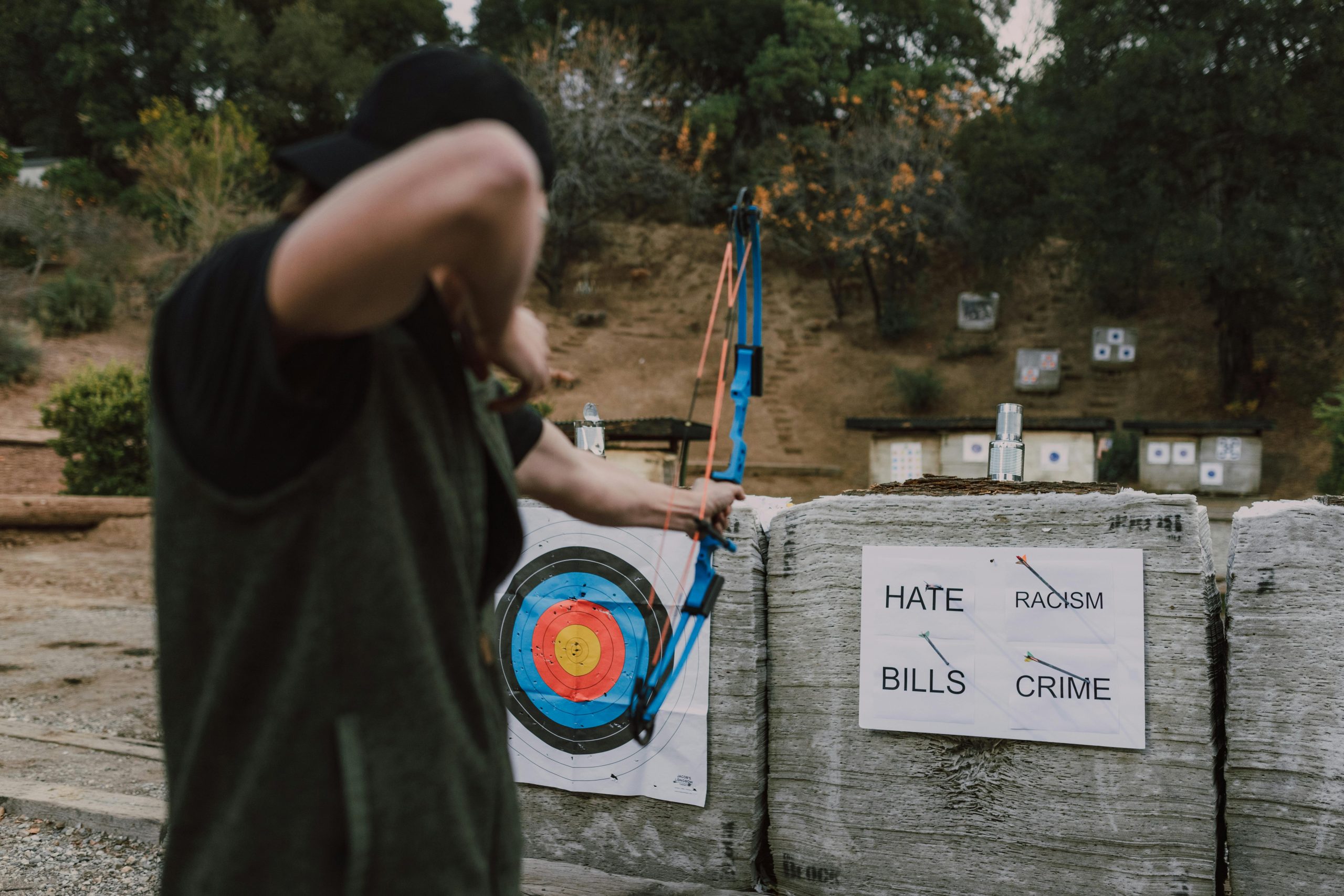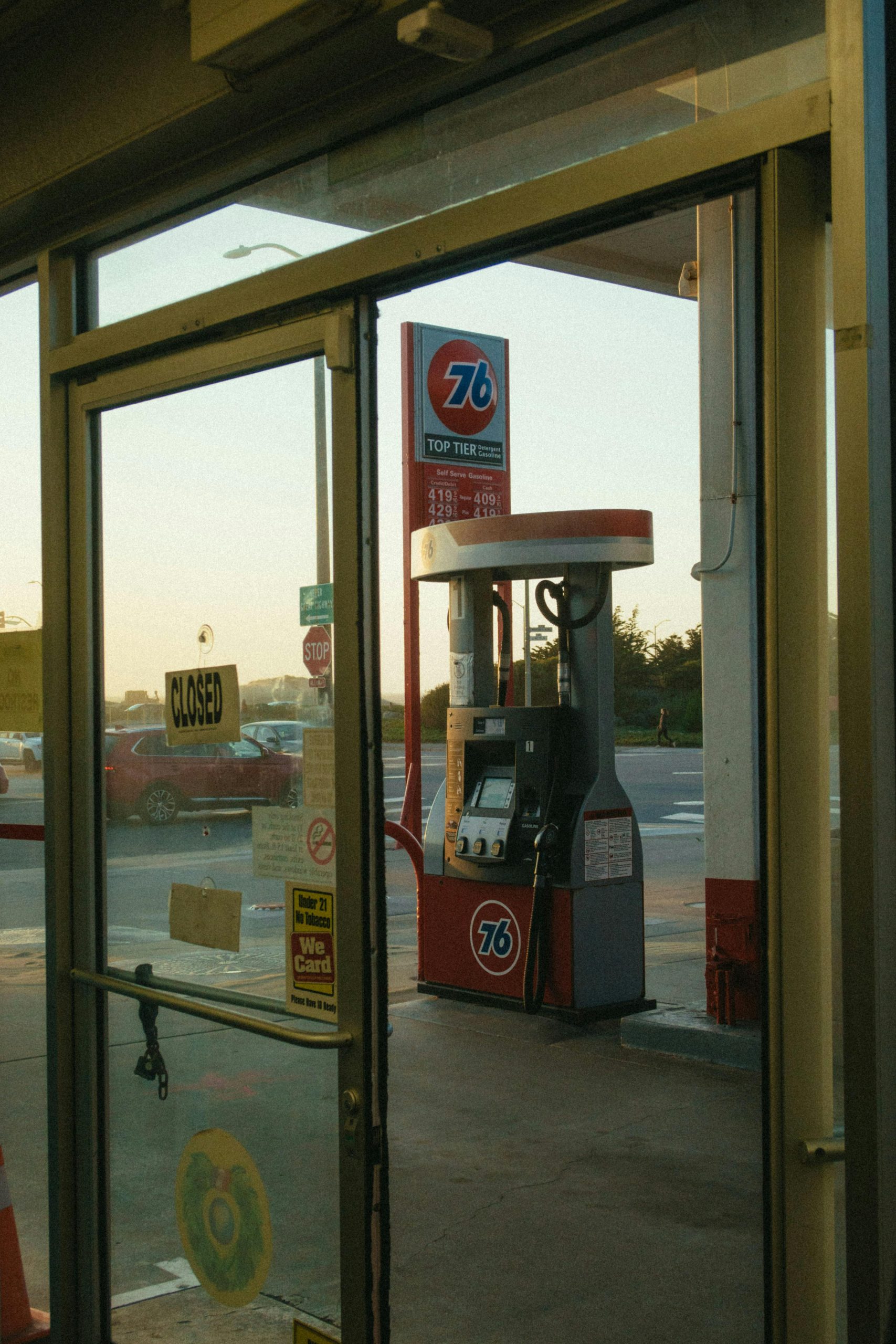Question About Auto Insurance Claim and Dashcam Evidence
I’m seeking a second opinion on a situation I encountered.
Last week, I was involved in a minor collision in a parking lot in Texas. In my statements to both my insurance and the other driver’s, I explained that I checked my surroundings before putting my car in reverse. I had started backing out of my parking space and was preparing to stop and shift into drive when the other driver—who was parked on the opposite side—also began reversing and hit my rear left bumper.
The other driver provided a similar account to both insurance companies but claimed that he started backing up first and that I was the one who hit him.
Currently, both parties are considered 50% at fault since it’s essentially my word against his, and there were no cameras monitoring the parking lot.
However, I do have a front dashcam recording that shows me backing out and getting hit just as I was about to shift into drive. After sharing the footage with a third party, they suggested that I shouldn’t submit it to the insurance, as it might still show me as partially at fault.
What do you think? Should I share this video with my insurance adjuster or keep it to myself?
Here’s the video: https://imgur.com/a/V68Igok




It’s understandable to want a second opinion in this situation, as insurance claims can be complicated. Given that you have dashcam footage that shows your perspective of the incident, it’s generally in your best interest to share this evidence with your insurance adjuster.
While it’s true that some people may worry about how the footage could be interpreted, withholding evidence can actually work against you. Insurance adjusters are trained to assess claims thoroughly, and having clear video evidence can provide a more accurate account of what happened.
If the video supports your statement and shows you backing out before the other driver, it may help in proving that the other driver is at fault – or at least reduce the percentage of fault assigned to you. If you’re concerned about how the footage could be perceived, consider discussing it specifically with your insurance adjuster. They can give you guidance on how to present the footage and any potential implications.
Ultimately, being transparent with your insurance company is usually advisable, as it helps protect your interests in the claim process.